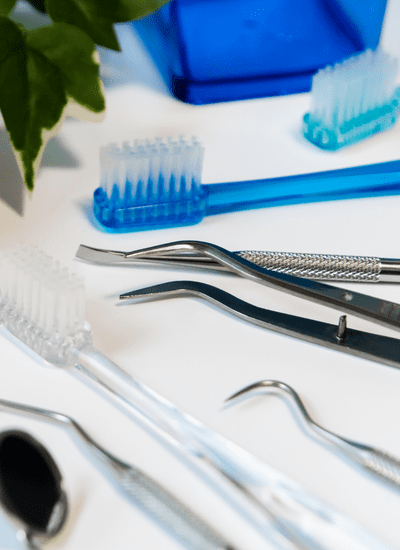The link between mouth breathing and periodontal disease.
Breathing – it’s something we do all day, every day without a second thought if we’re lucky enough to have no health restrictions that make breathing difficult. The average human will take around 22,000 breaths per day. 22,000 cycles of inhaling and exhaling without having to think about it too much.
Why are we talking about breathing on a dental blog you might think? Evidence suggests that the way we breathe might have a significant effect on not only our general health and wellbeing but the alignment of our teeth, gum disease and even the shape of our jaws.
As it’s National Fresh Breath Day we thought we’d take a look at the link between breathing through the mouth (as opposed to the nose) and gum disease, also known as periodontal disease.

How do you know if you’re a mouth breather? Nose feeling permanently blocked, sleeping with your mouth open, dry lips in the morning, waking up with drool on the pillow (we’ve all been there) – these are just some of the signs that you might be taking in air through your mouth instead of through your nose. Breathing through the mouth also has a tendency to dry out the mouth so you may feel like you have frequently dry gums and teeth. Aside from potentially causing annoying sleep disturbances for you, open-mouth breathing might just have you reaching for the fresh breath spray.
Way back in the 1930s, anthropologist and dentist, Dr Weston A. Price, conducted research for the National Dental Association observing the impact of what we eat, its effects on development and why so many of the population had morphed into persistent mouth breathers. Hydration in the mouth is vital to maintaining the balance of natural bacteria present, so a dry mouth can wreak havoc with the friendly bugs in and around your mouth. Saliva is also key for wound healing in the mouth, preventing infections from taking hold and discouraging the build-up of plaque. Mouth breathing depletes the levels of saliva and changes the pH of the mouth allowing the bad bugs to go a little wild, leaving the door open for gum disease, tooth decay and dodgy breath to take hold. If you’re repeatedly experiencing problems with gum disease, cavities or stinky breath (halitosis is the fancy name) then you might want to think about how you’re breathing on a daily basis.

If you’ve already worked out you’re in the mouth breather club then what can you do about it? The first step is to seek professional advice as to the root cause of your mouth breathing. Whether it’s a structural problem, a sinus problem or simply something that’s arisen out of habit, it’s important to find the root cause and explore options to help incorporate more nasal breathing into your life. In the meantime, come back soon for our next blog post for some great natural remedies to help freshen up your breath
Do you think you have what it takes to become a great dental nurse? Click here to find out more about training as a dental nurse with SmileWisdom.
Click here to find out more about the SmileWisdom Certificate in Oral Health Education.








Leave A Comment
You must be logged in to post a comment.